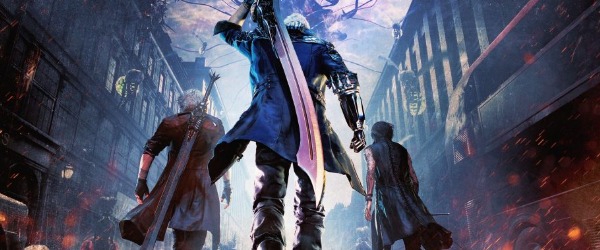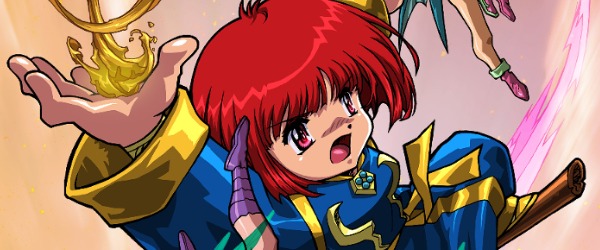
Crying Wolf: Blizzard, BioWare, and Entitlement - Article
by Jake Weston , posted on 23 May 2012 / 4,587 Views“Entitlement” has become somewhat of a buzz-word in the gaming community as of late, ever since the controversy earlier this year surrounding Mass Effect 3 prompted gamers worldwide to make petitions and demands over a revised ending. Of course, it is nothing new in world of gaming; relatively small issues with games have often resulted in similar unfounded outcries from gamers: Left 4 Dead 2 releasing only one year after the first? Boycott! Final Fantasy XIII going to Xbox 360? Affront to the integrity of the series! Gamers are passionate about their medium of choice, but unfortunately, this type of whining (yes, it is whining) results in the gaming community not being taking seriously by outsiders, as well as, even worse, game producers themselves. So, when a legitimate issue comes out, say, Diablo III’s always-online requirement and the subsequent account hacks that followed earlier this week, no one seems to give these complaints any validity. It’s the “crying wolf” effect - gamers spend so much energy getting into uproars over little issues, that no one takes the legitimate complaints seriously.
The current argument against Blizzard’s decision for always-on DRM in Diablo III stems from the fact that it requires you to be connected to the internet at all times, even while playing the single-player mode (in contrast, Blizzard’s last major release, StarCraft II, does not have this requirement for single player). While the servers have remained relatively stable for the last few days, many fans worldwide are upset by this limitation, as initial release server hiccups resulted in many fans being unable to play the game they purchased on their perfectly-working computers. These upset fans have taken their complaints to internet forums, and a large amount of the responses come in a familiar tune - "entitlement". They’re not making legitimate complaints about the product that they purchased, they’re just being entitled crybabies, just like with the Mass Effect 3 issue back in March.
Except it isn’t the same. Blizzard’s always-on DRM, and always-on DRM in general, is harming the gaming community and a legitimate problem for those with unstable internet connections, and to players worldwide when Battle.net’s servers are having off-days. However, since gamers have established themselves a reputation for blowing issues out of proportion, these complaints are merely dismissed by a majority of those enjoying Diablo III, ignoring the precedent that DRM is setting for gaming’s future. They view these complaints as whining, no different as when upset fans decided to bomb the Metacritic score of a perfectly functional and well-designed game because they disagreed with the lore of the writers.
It doesn’t help that, in the cases of both Mass Effect 3 and Diablo III, gamers already voted with their wallets. Despite threats to boycott Mass Effect 3, it had already sold millions of copies worldwide by the time people started getting upset over its ending. By then, those threats didn’t mean anything. Same goes for Diablo III - fans upset over Battle.net and the DRM have more or less purchased the game already, even fans who knew about these issues going in (to them, Diablo III was simply too big of a release to pass up). To Activision Blizzard, this simply proves what this article is arguing: that gamer complaints have no value, since they’ll seemingly whine at pretty much anything. None of that matters to them, because they’re still making a profit.
However, no matter how silly or asinine the argument, results have come from gamer complaints. Last month, BioWare announced they were to release an “extended-cut” for Mass Effect 3, adding extra scenes to the ending in an attempt to satisfy disappointed fans. While many were disappointed by BioWare’s “giving in” to “entitled gamers”, it at least proved that BioWare was willing to listen to an upset fan base. This is why gamers shouldn’t let up about Diablo III’s DRM issues. It would be a shame to see a legitimate, rational complaint such as this shot down, where other, more ridiculous demands succeeded.
The lesson to be learned here is that gamers need to recognize that their behavior has power, good and bad. The gaming community is the loudest voice in all of entertainment media - if we establish ourselves as whiny, entitled crybabies, that’s how we’ll get treated for every complaint, no matter how valid. The Mass Effect 3 and Diablo III debacles show that gamers need to be more selective about the issues they feel need to be addressed. Gamers need to let their voice be heard over issues that actually matter, or else the impact of their voice is diminished.






















